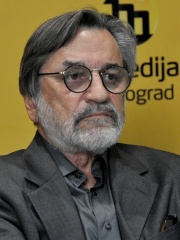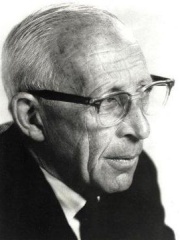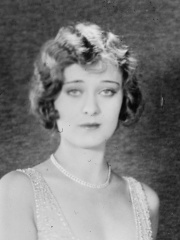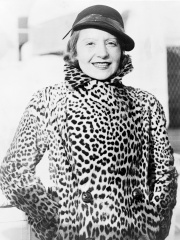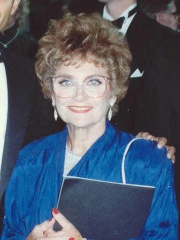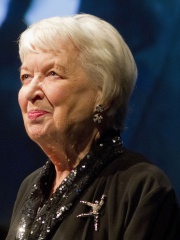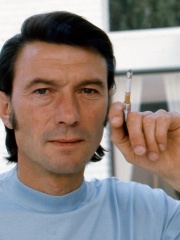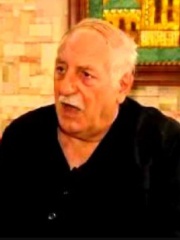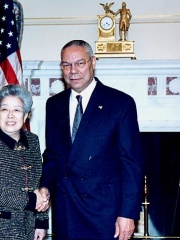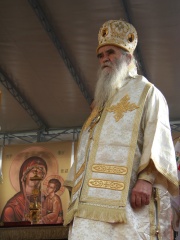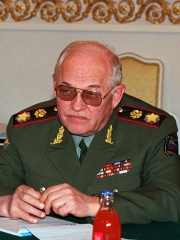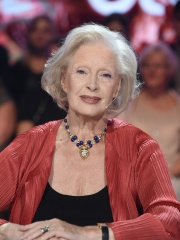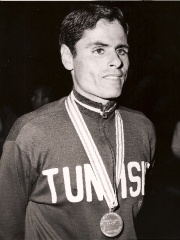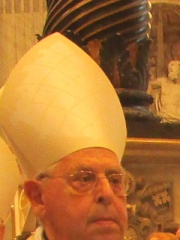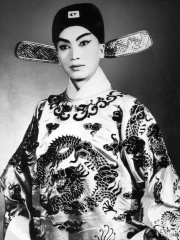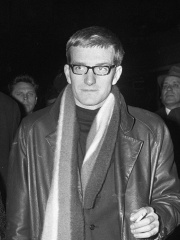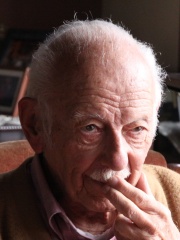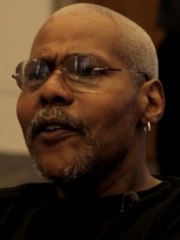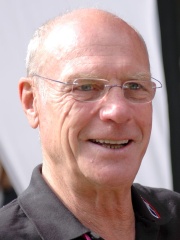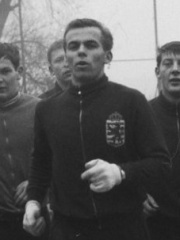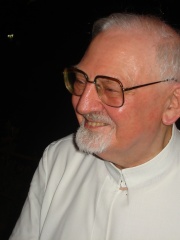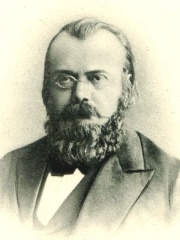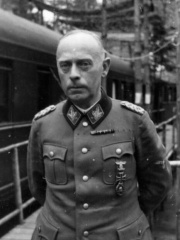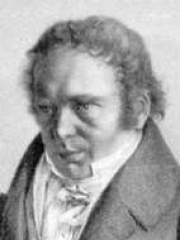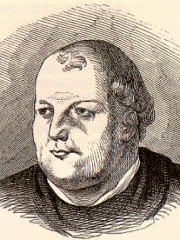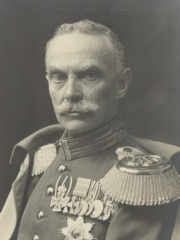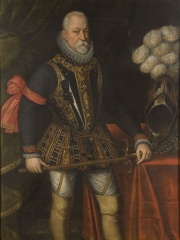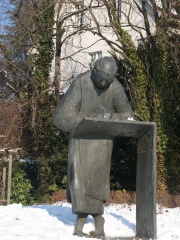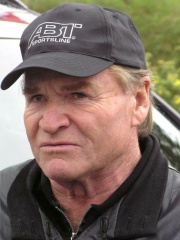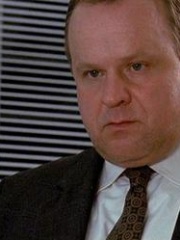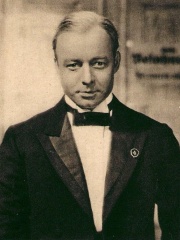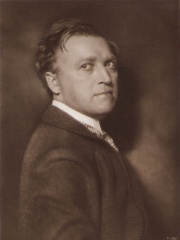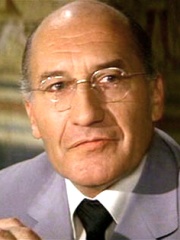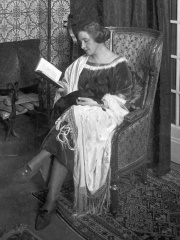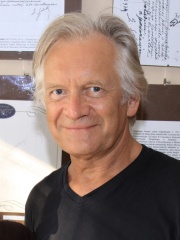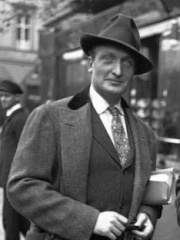ACTOR
Götz George
1938 - 2016
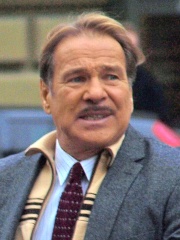
 Götz George
Götz George
Götz George (German pronunciation: [ɡœts geˈɔɐ̯ gə] ; 23 July 1938 – 19 June 2016) was a German actor, the son of actor couple Berta Drews and Heinrich George. His arguably best-known role is that of Duisburg detective Horst Schimanski in the TV crime series Tatort. Read more on Wikipedia
His biography is available in 27 different languages on Wikipedia (up from 26 in 2024). Götz George is the 1,961st most popular actor (down from 1,874th in 2024), the 2,620th most popular biography from Germany (down from 2,581st in 2019) and the 49th most popular German Actor.
Memorability Metrics
Page views of Götz George by language
Among ACTORS
Among actors, Götz George ranks 1,961 out of 13,578. Before him are Dragan Nikolić, Charles Lane, Steve Blum, Dolores Costello, Elisabeth Bergner, and Estelle Getty. After him are Lisa Edelstein, Louis Tomlinson, June Whitfield, Kelly Bishop, James McAvoy, and Laurence Harvey.
Most Popular Actors in Wikipedia
Go to all RankingsDragan Nikolić
1943 - 2016
HPI: 61.92
Rank: 1,955
Charles Lane
1905 - 2007
HPI: 61.92
Rank: 1,956
Steve Blum
1960 - Present
HPI: 61.92
Rank: 1,957
Dolores Costello
1903 - 1979
HPI: 61.92
Rank: 1,958
Elisabeth Bergner
1897 - 1986
HPI: 61.92
Rank: 1,959
Estelle Getty
1923 - 2008
HPI: 61.91
Rank: 1,960
Götz George
1938 - 2016
HPI: 61.91
Rank: 1,961
Lisa Edelstein
1966 - Present
HPI: 61.91
Rank: 1,962
Louis Tomlinson
1991 - Present
HPI: 61.90
Rank: 1,963
June Whitfield
1925 - 2018
HPI: 61.88
Rank: 1,964
Kelly Bishop
1944 - Present
HPI: 61.88
Rank: 1,965
James McAvoy
1979 - Present
HPI: 61.88
Rank: 1,966
Laurence Harvey
1928 - 1973
HPI: 61.88
Rank: 1,967
Contemporaries
Among people born in 1938, Götz George ranks 188. Before him are Ahmed Jibril, Wu Yi, Lill-Babs, Amfilohije Radović, Daidō Moriyama, and Igor Sergeyev. After him are Beata Tyszkiewicz, Mohammed Gammoudi, Chuan Leekpai, Antonio Maria Vegliò, Shi Pei Pu, and Maxim Shostakovich. Among people deceased in 2016, Götz George ranks 177. Before him are Curtis Hanson, Trifon Ivanov, Black, Arnold Wesker, Sixto Durán Ballén, and Dragan Nikolić. After him are Prince Alexander of Yugoslavia, Bill Nunn, Rudi Altig, Javier Echevarría Rodríguez, Louis Pilot, and Peter Hans Kolvenbach.
Others Born in 1938
Go to all RankingsAhmed Jibril
POLITICIAN
1938 - 2021
HPI: 62.21
Rank: 182
Wu Yi
POLITICIAN
1938 - Present
HPI: 62.16
Rank: 183
Lill-Babs
SINGER
1938 - 2018
HPI: 62.15
Rank: 184
Amfilohije Radović
RELIGIOUS FIGURE
1938 - 2020
HPI: 62.08
Rank: 185
Daidō Moriyama
PHOTOGRAPHER
1938 - Present
HPI: 61.99
Rank: 186
Igor Sergeyev
POLITICIAN
1938 - 2006
HPI: 61.93
Rank: 187
Götz George
ACTOR
1938 - 2016
HPI: 61.91
Rank: 188
Beata Tyszkiewicz
ACTOR
1938 - Present
HPI: 61.84
Rank: 189
Mohammed Gammoudi
ATHLETE
1938 - Present
HPI: 61.80
Rank: 190
Chuan Leekpai
POLITICIAN
1938 - Present
HPI: 61.79
Rank: 191
Antonio Maria Vegliò
RELIGIOUS FIGURE
1938 - Present
HPI: 61.77
Rank: 192
Shi Pei Pu
SINGER
1938 - 2009
HPI: 61.75
Rank: 193
Maxim Shostakovich
MUSICIAN
1938 - Present
HPI: 61.73
Rank: 194
Others Deceased in 2016
Go to all RankingsCurtis Hanson
FILM DIRECTOR
1945 - 2016
HPI: 62.15
Rank: 171
Trifon Ivanov
SOCCER PLAYER
1965 - 2016
HPI: 62.12
Rank: 172
Black
SINGER
1962 - 2016
HPI: 62.02
Rank: 173
Arnold Wesker
WRITER
1932 - 2016
HPI: 61.97
Rank: 174
Sixto Durán Ballén
ARCHITECT
1921 - 2016
HPI: 61.95
Rank: 175
Dragan Nikolić
ACTOR
1943 - 2016
HPI: 61.92
Rank: 176
Götz George
ACTOR
1938 - 2016
HPI: 61.91
Rank: 177
Prince Alexander of Yugoslavia
POLITICIAN
1924 - 2016
HPI: 61.85
Rank: 178
Bill Nunn
ACTOR
1953 - 2016
HPI: 61.83
Rank: 179
Rudi Altig
CYCLIST
1937 - 2016
HPI: 61.82
Rank: 180
Javier Echevarría Rodríguez
RELIGIOUS FIGURE
1932 - 2016
HPI: 61.82
Rank: 181
Louis Pilot
SOCCER PLAYER
1940 - 2016
HPI: 61.80
Rank: 182
Peter Hans Kolvenbach
RELIGIOUS FIGURE
1928 - 2016
HPI: 61.68
Rank: 183
In Germany
Among people born in Germany, Götz George ranks 2,621 out of 7,253. Before him are Alexander Gode (1906), Friedrich August Theodor Winnecke (1835), Princess Dorothea Wilhelmine of Saxe-Zeitz (1691), J. Cole (1985), Karl Pfeffer-Wildenbruch (1888), and Georg August Goldfuss (1782). After him are Johann von Staupitz (1465), Bernhard III, Duke of Saxe-Meiningen (1851), Peter Ernst I von Mansfeld-Vorderort (1517), Caesarius of Heisterbach (1180), Holger Osieck (1948), and Christoph Daum (1953).
Others born in Germany
Go to all RankingsAlexander Gode
LINGUIST
1906 - 1970
HPI: 61.93
Rank: 2,615
Friedrich August Theodor Winnecke
ASTRONOMER
1835 - 1897
HPI: 61.93
Rank: 2,616
Princess Dorothea Wilhelmine of Saxe-Zeitz
NOBLEMAN
1691 - 1743
HPI: 61.93
Rank: 2,617
J. Cole
SINGER
1985 - Present
HPI: 61.92
Rank: 2,618
Karl Pfeffer-Wildenbruch
MILITARY PERSONNEL
1888 - 1971
HPI: 61.92
Rank: 2,619
Georg August Goldfuss
BIOLOGIST
1782 - 1848
HPI: 61.92
Rank: 2,620
Götz George
ACTOR
1938 - 2016
HPI: 61.91
Rank: 2,621
Johann von Staupitz
PHYSICIAN
1465 - 1524
HPI: 61.90
Rank: 2,622
Bernhard III, Duke of Saxe-Meiningen
POLITICIAN
1851 - 1928
HPI: 61.90
Rank: 2,623
Peter Ernst I von Mansfeld-Vorderort
POLITICIAN
1517 - 1604
HPI: 61.90
Rank: 2,624
Caesarius of Heisterbach
WRITER
1180 - 1240
HPI: 61.90
Rank: 2,625
Holger Osieck
COACH
1948 - Present
HPI: 61.90
Rank: 2,626
Christoph Daum
SOCCER PLAYER
1953 - 2024
HPI: 61.88
Rank: 2,627
Among ACTORS In Germany
Among actors born in Germany, Götz George ranks 49. Before him are Fritz Wepper (1941), Martin Lawrence (1965), George Dzundza (1945), Heinz Rühmann (1902), Marianne Sägebrecht (1945), and Werner Krauss (1884). After him are Walter Gotell (1924), Henny Porten (1890), Andrzej Seweryn (1946), Hans Albers (1891), Marcel Ophüls (1927), and Susan Blakely (1948).
Fritz Wepper
1941 - 2024
HPI: 63.04
Rank: 43
Martin Lawrence
1965 - Present
HPI: 62.98
Rank: 44
George Dzundza
1945 - Present
HPI: 62.59
Rank: 45
Heinz Rühmann
1902 - 1994
HPI: 62.29
Rank: 46
Marianne Sägebrecht
1945 - Present
HPI: 62.23
Rank: 47
Werner Krauss
1884 - 1959
HPI: 62.04
Rank: 48
Götz George
1938 - 2016
HPI: 61.91
Rank: 49
Walter Gotell
1924 - 1997
HPI: 61.77
Rank: 50
Henny Porten
1890 - 1960
HPI: 61.69
Rank: 51
Andrzej Seweryn
1946 - Present
HPI: 61.53
Rank: 52
Hans Albers
1891 - 1960
HPI: 61.52
Rank: 53
Marcel Ophüls
1927 - 2025
HPI: 61.49
Rank: 54
Susan Blakely
1948 - Present
HPI: 61.33
Rank: 55
